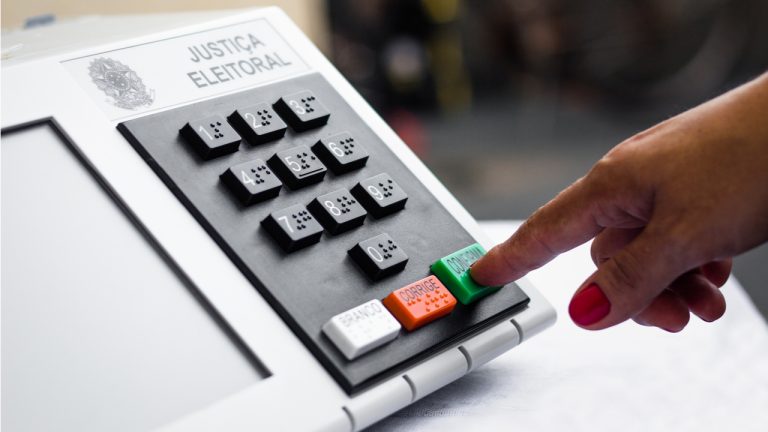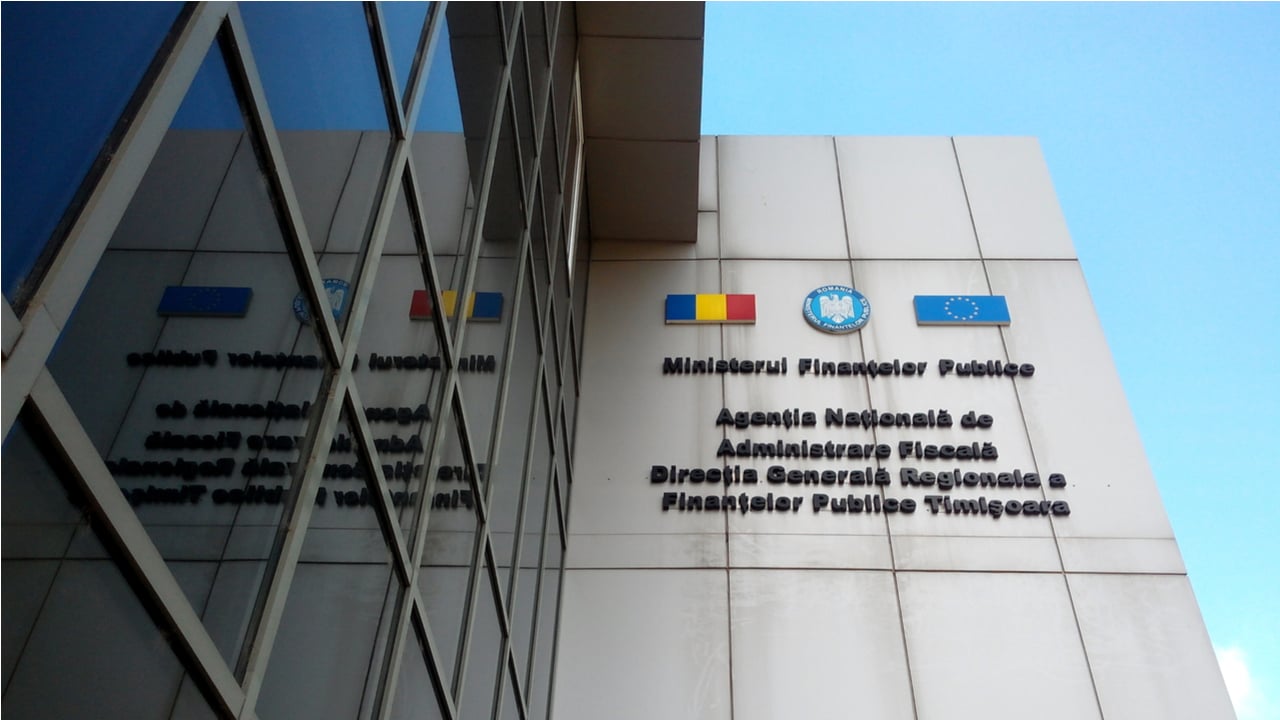
Blockchain tech in national elections: An experience from Romania
Romania is the first EU country to use a voting reporting tool that is based on blockchain technology for national elections. For the first time in Romania, the recent national parliamentary elections, which were held in November, used blockchain technology with the main purpose to guarantee the integrity of the electoral process and to strengthen its transparency. The government aimed to ensure tamper-proof and real-time data on voters’ presence.There is still a way to go for the voters to be empowered to record, manage, count and check the votes themselves (without bypassing it to the....
Related News
The Brazilian voting authority (TSE), has publicly declared it is studying blockchain as a technology that might help the organization in its task of organizing ballots. Celio Castro Wermerlinger, coordinator of modernization of the institution, stated that this decentralized ledger tech was included in a research program called “Elections of the Future.”
Brazilian TSE Is Researching Blockchain Tech
Blockchain tech is being included in several solutions designed for various applications, including ballot and voting technologies. The Brazilian voting authority....
The two entities seek to enhance the integration of innovative Web 3.0 technologies in everyday use. On Tuesday, Romania's National Institute for Research and Development In Informatics, also known as ICI Bucharest (ICI), announced that it would be building an institutional nonfungible tokens, or NFTs, marketplace and a decentralized Domain Name System.Both services will be built on the Elrond (EGLD) blockchain, which is known for its ability to speed up transactions via sharding. ICI was founded in 1970 and is currently the most institution for government-sponsored research in the field....
That being said, scaling decentralized e-voting systems is a complex task. In an interview with Cointelegraph, Charles Hoskinson suggested that a Cardano-based solution might make blockchain voting possible for future national elections. He stated: “Not only do I believe — we've been building the infrastructure for that."Hoskinson acknowledged that the road to Cardano-based elections would be gradual and require a number of experiments. He suggested that it could start with third parties using the network for their primaries, before escalating to municipal and state elections. From there,....
Authorities in Romania are going after investors who failed to report revenues from crypto trading and pay tax. The offensive is part of efforts to respond to financial trends, the country’s tax body said in a statement, unveiling it was able to identify almost €50 million of undeclared crypto gains.
Tax Authority in Romania Verifies Gains From Cryptocurrency Trading
Romania’s National Agency for Fiscal Administration (ANAF) announced this week that officials from its department responsible for prevention of tax evasion and fraud have initiated inspections....
Transparency and accessibility to information have always been issues dealt with during elections. Lest we forget the insanity in the United States during the elections of 2000. Recount after recount to ensure that the votes were properly counted and ultimately the courts decided. Well, Blockchain Technologies Corp. (BTC) is here to change voting. We have been tracking the development of BTC’s tech here at CCN.LA. But just a few weeks ago the folks at BTC took a trip to San Antonio, Texas to demo the technology for the Libertarian Party of Texas’ (LPTexas) 2016 State Convention. The....





